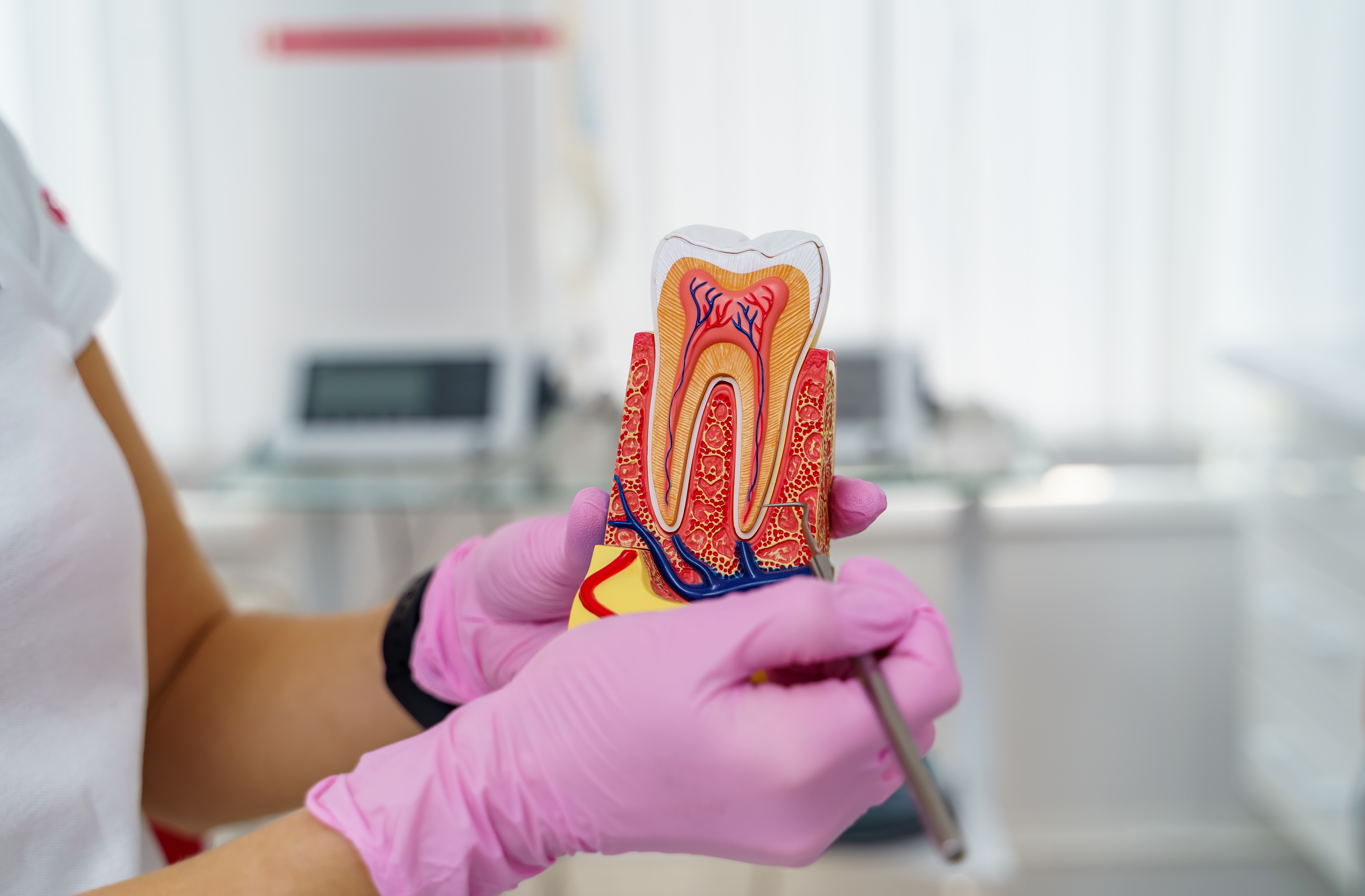 It is well known that routine dental care is essential to the maintenance of a patient’s oral health, but the reasons why are not always as clear. Patients who have questions regarding dental care should consult with a dentist for help in understanding the importance of properly caring for their teeth.
It is well known that routine dental care is essential to the maintenance of a patient’s oral health, but the reasons why are not always as clear. Patients who have questions regarding dental care should consult with a dentist for help in understanding the importance of properly caring for their teeth.
Frequently asked questions about routine dental care
The following are common questions that patients have regarding routine dental care.
1. Why are dental exams important?
Many people do not see the dentist on a consistent, regular basis. Some patients believe that going to the dentist is only needed when there is a problem. However, biannual dental exams are essential as a preventative treatment.
Routine visits involving cleanings, thorough exams, and X-rays can help discover a problem early. For example, a dental exam may be able to catch periodontal disease in the early stages before it has advanced to complications such as tooth and bone loss. Early detection of dental problems can help save teeth and money in the process, as conditions that go undetected and cause serious issues are generally more difficult and expensive to treat.
2. Why is fluoride necessary?
Fluoride, a naturally occurring mineral in many foods, is vital in keeping the teeth healthy and preventing cavities. While it is usually found in water in small amounts, additional fluoride is added to the water supply in most communities to ensure that people receive the appropriate amount necessary for good oral health. This mineral is also added to most toothpastes for extra protection.
Fluoride is one of the easiest ways to help prevent tooth decay and is safe and effective. The mineral acts to strengthen tooth enamel and can even help to reverse the early stages of decay. The benefits are especially important for children, who are more vulnerable to experiencing cavities and tooth decay.
3. How essential is flossing?
It is commonly assumed that brushing is enough to clean the teeth and flossing is not necessary. However, flossing is just as important as brushing the teeth and should not be omitted. Brushing cannot remove all of the food particles and bacteria in the mouth, particularly what collects in the small spaces between the teeth. Flossing is the more effective way to get to the bacteria trapped between teeth. If patients neglect regular flossing, the plaque between teeth may harden into tartar, which can only be removed by a dentist. If tartar is not removed, it may lead to inflamed gums and gum disease.
Flossing can also help to prevent cavities, which can develop in between teeth. Patients should always be sure to include daily flossing in their dental care routine, along with brushing the teeth and using mouthwash.
Conclusion
It is important for dental patients to be proactive about their oral health, as well as to understand why routine dental care is necessary to maintain healthy teeth and gums.
Request an appointment or call Lalangas Family Dentistry at 972-534-6008 for an appointment in our Dallas office.
Related Posts
When patients go for routine dental care, they may or may not have X-rays taken of their mouths. Dentists use these important diagnostic tools to check all layers of the tooth. While a key part of routine care, X-ray imaging may not be taken every visit. Every patient is different, and the recommended frequency for…
While some might believe visiting the dentist is only necessary for emergencies, routine dental care can be vital for oral health and overall wellness. There are a variety of benefits to seeing a dentist two or three times a year, no matter a patient’s stage of life. While regular brushing and flossing can help keep…
Maintaining routine dental care is important for oral and overall health, but many patients have questions about what it consists of beyond daily brushing and flossing. The right answers can help patients of any age understand the importance of providing optimum care for their teeth and the possible issues if they fail to follow through.…


